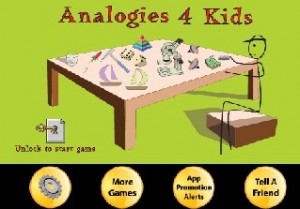Some people are moved by love, beauty, and justice. Some people are moved by money. If you are the latter, this post is for you. According to a new study, “Globally Challenged: Are U.S. Students Ready to Compete?” by Harvard’s Program on Education Policy and Governance, our inability to compete in education with the rest of the developed world may be costing us a trillion dollars a year.
A trillion. I know with all of the numbers being tossed around in our budgetary debacles, a trillion seems like the new billion. One trillion one dollar bills would go about 94 million miles which is further away than the sun.
U.S. students, this study found, fall behind 31 countries in math proficiency and behind 16 countries in reading proficiency. We seem to be beating most of Europe in reading. Then, again, pick up a newspaper. The European economy has bigger problems than we do. Maybe this is not a coincidence.
The reading does scare me more than the math. There is no question that math is important. But the U.S. is still churning out great mathematicians. I think it is more important to have great mathematicians than to raise median averages. Most of us know enough math to do our jobs.
But reading is a different story. Many more people need to be able to read, understand and comprehend. We need students with developed logical reasoning skills.
Back to the trillion dollars a year. The report says:
The United States could enjoy a remarkable increment in its annual GDP growth per capita by enhancing the math proficiency of U.S. students. Increasing the percentage of proficient students to the levels attained in Canada and Korea would increase the annual U.S. growth rate by 0.9 percentage points and 1.3 percentage points, respectively. When translated into dollar terms, these magnitudes become staggering.
Ultimately, the study guesstimates that amount at a trillion a year over the next 80 years.
I think the take home message is that we have to try harder, look for more creative solutions, and use the competitive advantages that we do have in education to try to get better. Quickly.



 Miller & Zois Kids Blog
Miller & Zois Kids Blog

